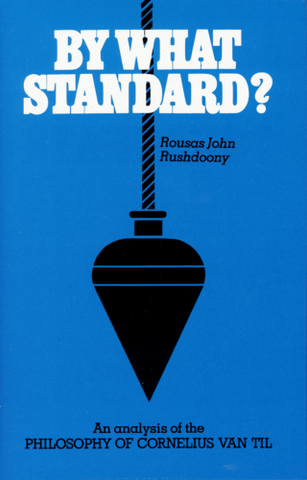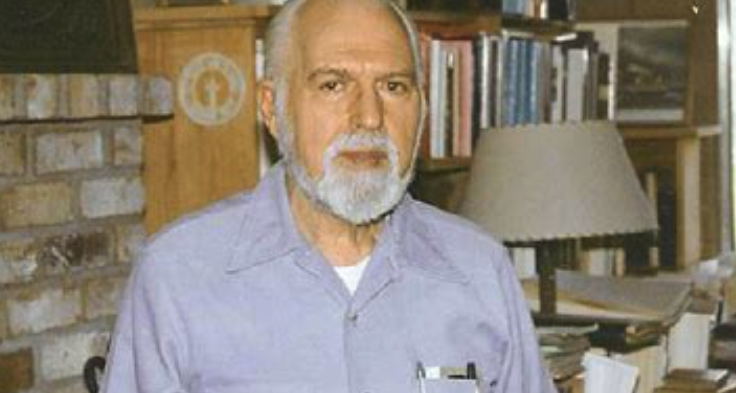I remember a young boy crying to his mother because, “Dad hurt my feelings.” In most situations like this is a dad doing his job teaching his children how to deal with disappointment when rules are broken. It doesn’t help when one parent coddles the child with a hug and a “there, there.” The parent should ask, “What were you doing that your dad had discipline you?” The last thing we want is for our children to go through life believing that feelings are sacred and objective. This does not mean we don’t feel. We do. But we need to make sure that hurt feelings aren’t a cover for some legitimate issue.
The second part of this phenomenon is that if we don’t feel something experientially, it’s not legitimate. A person who comes to Christ may experience a great deal of euphoria. When the euphoria wears off because of the reality of what it means to take up one’s cross, the conversion experience becomes just that. It’s why some churches need to ramp up experiential worship services to keep people experientially satisfied.
Biblical faith in the United States suffered greatly beginning in the early 19th century with the rise of what R.J. Rushdoony called “heart religion.” Here’s his take on how the process unfolded from his book In His Service (16-17). — Gary DeMar
According to James Turner, “heart religion” had four specific elements and/or consequences, all with roots in the seventeenth century realm of English thought. First, was “the assumption that knowledge became reliable only when verified in experience.” Such a view meant that revelation had to be tested by experience. It also made experience the standard in many realms where a very great measure of learning and understanding are necessary. Thus, it undermined authority as well as traditional wisdom. The ancient use of proverbs, the crystallization of the wisdom of centuries, began to wane sharply. The Bible as revelation began to give way to the Bible as a handbook for experiential religion. The faith was thus privatized, and creeds were shriveled…
“Second, … experience and the here and now took priority over the authority of revelation. A sound and thorough knowledge of and belief in Scripture was condemned as ‘head religion,’ and ‘heart religion’ was held to be alone acceptable. Such a perspective gives more authority to present feelings than to age-old revelation. It became routine to tell people that ‘head knowledge’ and ‘head faith’ were worthless and that what was necessary for salvation is a particular and dramatic form of ‘heart experience.’ Because of this view, Christian schools in the United States were downgraded and often opposed.
“Third, a major consequence of such thinking was to separate precise, logical, and exact thinking from religion and to relegate it to a secular sphere. Religion thus became the realm of feeling and pious gush, whereas science became the sphere of intelligence and knowledge. Instead of theology being the queen of the sciences, it was no longer even a science. Instead of commanding the world and life perspective in every sphere, Christianity became a minor part of the social order, and, instead of shaping the culture, was increasingly shaped by it. Instead of being a catholic or universal faith, Christianity became a minor and provincial one.
“Fourth, it was as a result held that ‘knowledge evolved historically.’ Anselm held, ‘I believe, in order that I may understand.’ This equation was now broken and replaced by two others. In the church, it was ‘I experience, in order that I may believe,’ and in the sciences, ‘I test, in order that I may understand.’ Both approaches are experiential; both reject the primary authority of revelation. Both hold that all things must be brought to man’s heart or mind for an experiential test and approval.”

By What Standard?
The sovereignty of the self-contained God is the key to every field, in that only the God of Scripture makes all things possible and explicable and is thus the basic premise not only of theology, but of philosophy, science, and indeed all knowledge, because He is the Creator of all things. He is their only valid principle of interpretation, in that they derive both their existence and meaning from His creative act. This belief is herein set forth in terms of various aspects of human thought.
Buy Now
